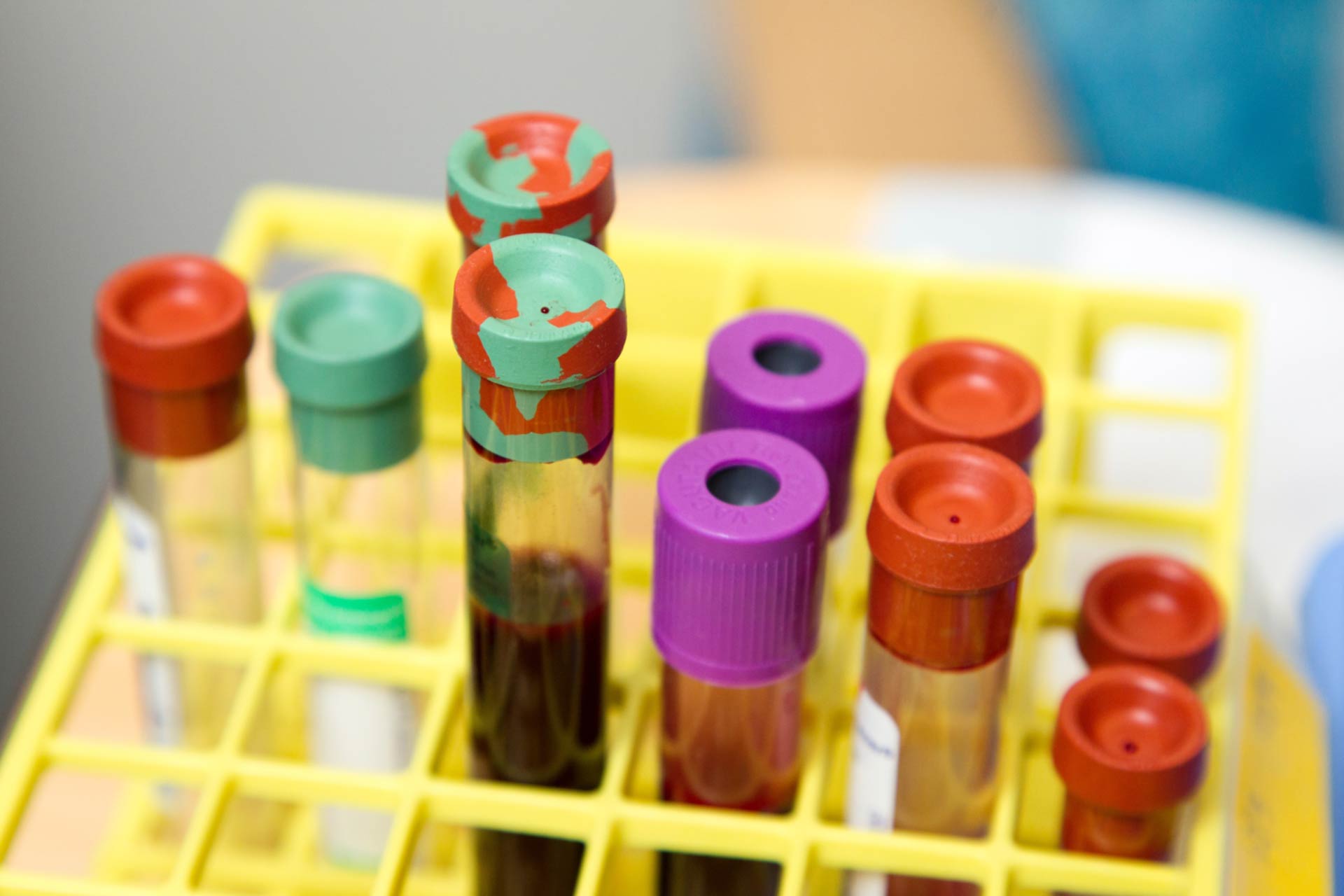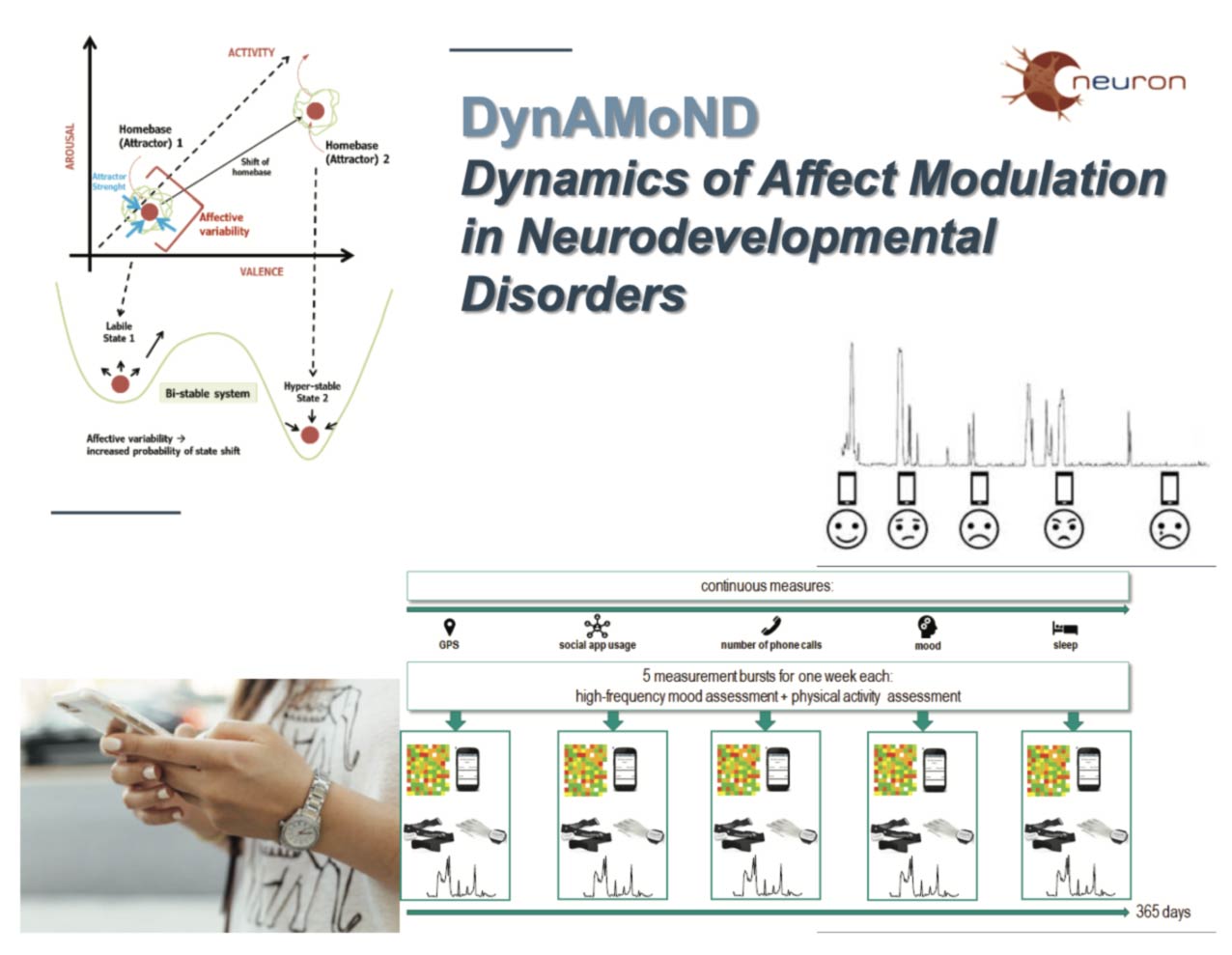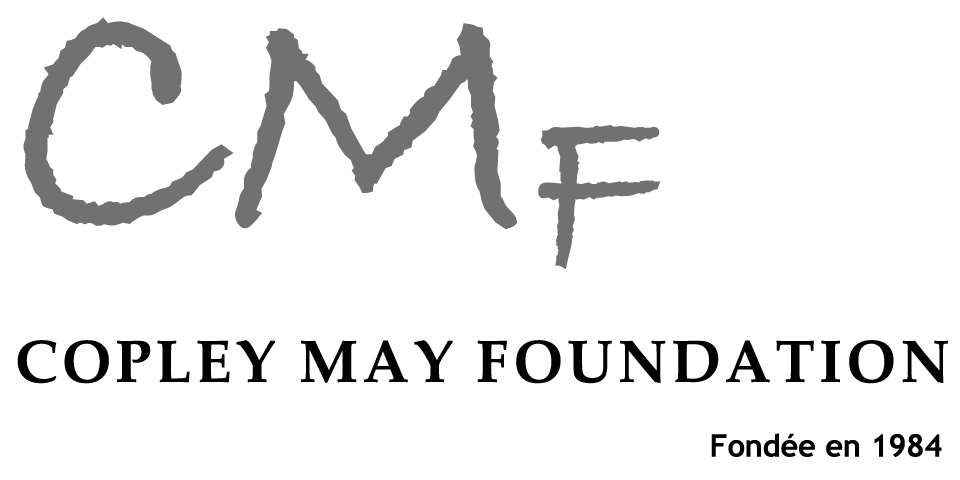Nader Perroud

Image from Nik via Unsplash

Nader Perroud studied medicine and psychiatry at Geneva and London to deepen his understanding of human behaviours. With 20-year professional experience as a researcher in neuroscience, but also as a psychiatrist and psychotherapist he has gained great understanding of the dysregulation mechanisms present in borderline personality disorder (BPD) and adult Attention-deficit/hyperactivity disorder (ADHD). Currently, he holds positions as an associate professor in the Department of Psychiatry of UNIGE and at Dalhousie University in Canada. He also works as a physician and head of the Emotional regulation disorders Unit at Geneva University Hospitals (HUG).
Nader Perroud has a particular interest in individuals who have difficulties regulating their emotions and exhibit high levels of impulsivity. That is why he is conducting research at the Synapsy Center to understand the neurobiological foundations of emotion regulation, attention difficulties, impulsivity, and hyperactivity in ADHD and BPD.
The Biological Basis of Emotional Distress in Borderline Personality Disorder
Individuals with BPD may react strongly to stressful situations, experiencing significant emotional distress such as intense anger or sadness. The aim of Nader Perroud’s team project is to gain more information about the biological processes in individuals facing stress. They focus specifically on both cortisol, a hormone that reacts during stressful situations, and oxytocin, a hormone known for its role in attachment and stress. The project also aims to clarify other variables that may influence the release of these hormones, such as concurrent depression, significant childhood stress, or the use of certain medications or hormonal contraceptives. The ultimate goal is to provide insights on how to improve psychotherapeutic treatment.

Photo from National Cancer Institute via Unsplash
Non-Drug Therapies for Treating ADHD
In this research project, Nader Perroud and collaborators are aiming to assess the impact of new non-drug therapies on emotional regulation in ADHD treatment. Neurofeedback, using a computerised interface to visualise and provide feedback of cerebral activities, and psychotherapy inspired by treatments for BPD, emphasising emotional regulation and mentalisation, will be explored. The research team also aims to better understand emotional regulation difficulties in ADHD compared to borderline personality disorder. Specialised psychotherapeutic approaches, like mentalisation-based therapy or dialectical behavioural therapy, will be developed and evaluated. In addition, a collaboration with Prof. M. Debbané, UNIGE, and Dre Eva Rüfenacht (HUG) will develop a trauma-focused mentalisation-based treatment for BPD and complex trauma.

Photo from Sydney Sims via Unsplash
Dynamics of Affect Modulation in Neurodevelopmental Disorder
Nader Perroud has received a prestigious European scholarship with researchers of five European countries. The Dynamics of Affect Modulation in Neurodevelopmental Disorders (DynAMoND) project aims to compare three psychiatric diagnoses—ADHD, bipolar disorder, and BPD—to understand the similarities and differences in emotional fluctuations. Traditionally studied separately, these disorders share excessive mood swings and emotional instability. The collaborative study involves Germany, Spain, Switzerland, Norway, and Italy, with 120 participants (aged 14–30) for each group of patients and healthy controls. Data from smartphones, connected watches, and online surveys will be collected to gather information on mood, activity, stress, and genetic factors. The project aims to enhance treatment, reduce disease burden, and improve the quality of life.





